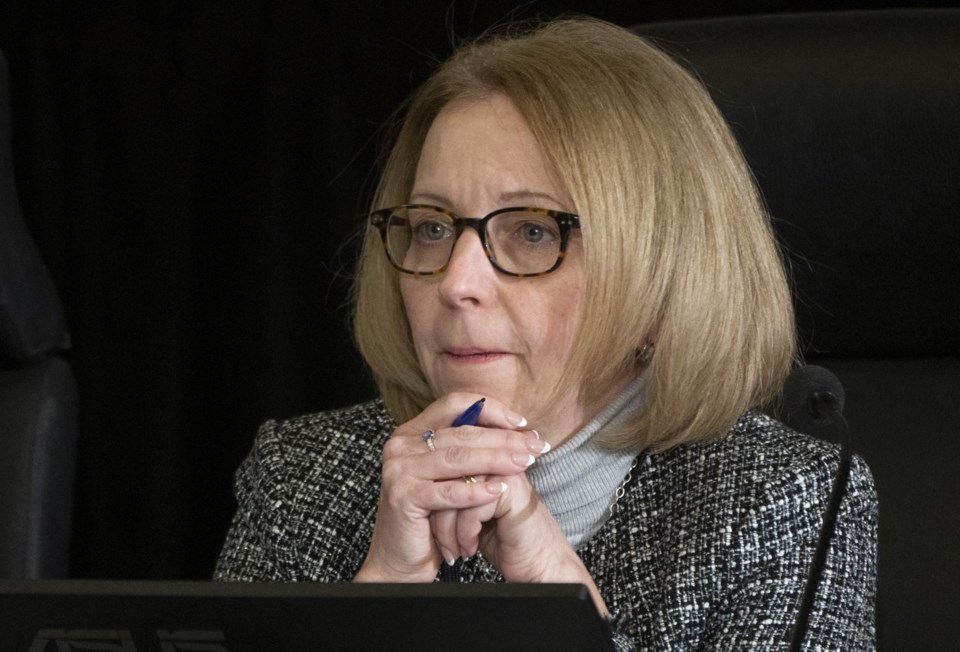OTTAWA — The Liberal party's leadership race will be monitored by Canada's elections intelligence task force for signs of foreign interference, national security adviser Nathalie Drouin said Monday.
Drouin said that while leadership campaigns are conducted by individual political parties, they play a crucial role in maintaining the integrity of our democratic processes.
The Security and Intelligence Threats to Elections Task Force, set up in 2019 to protect the electoral process from foreign interference, includes representatives of CSIS, the RCMP, Global Affairs Canada and the Communications Security Establishment Canada.
The issue of interference in leadership races and nomination contests was one of the key areas of focus of the federal public inquiry into foreign interference. A final report is expected by the end of the month.
The Liberal party has taken measures to curb voter fraud in its leadership race by limiting voting to party members who are permanent residents or citizens, or have status under the Indian Act.
The party's old rules allowed anyone who resided in Canada to vote in its leadership races, regardless of whether they had citizen or resident status.
"What the party has not yet done is say anything about how it would monitor or report out publicly on any signs of foreign interference," said Wesley Wark, a senior fellow a the Centre for International Governance Innovation who has served on Canada’s advisory council on national security.
Wark said that while the measures the party has taken are good, they're incomplete.
A Liberal party official said the leadership vote committee has been meeting since Friday to finalize the vote process, and we will have more to say in the coming weeks.
A report from the National Security and Intelligence Committee of Parliamentarians, tabled in June, alleged India and China interfered in Conservative party leadership campaigns.
The Liberal party's national director Azam Ishmael told the public inquiry into foreign interference last August that it would take hundreds of thousands of people working together to compromise a national leadership vote, while a riding nomination race could be affected by a few hundred voters working together.
"This is highly improbable," Ishmael told the commission, according to an interview summary released by the commission.
Wark agreed the threat of interference in the Liberal race is low but "not because the Liberal party has yet shown that they're going to take any steps to really raise the level of security around the leadership contest."
"But the real reason I say that the risk is low is that I frankly cannot see that any of the usual bad actors in the foreign interference space would be able to identify a particular Liberal leadership candidate who would be more favourable to their position than another," he said.
The Liberal party announced last week the vote to choose its next leader, and by extension Canada's next prime minister, will wrap up on March 9.
This report by The Canadian Press was first published Jan. 13, 2024
Nick Murray, The Canadian Press



